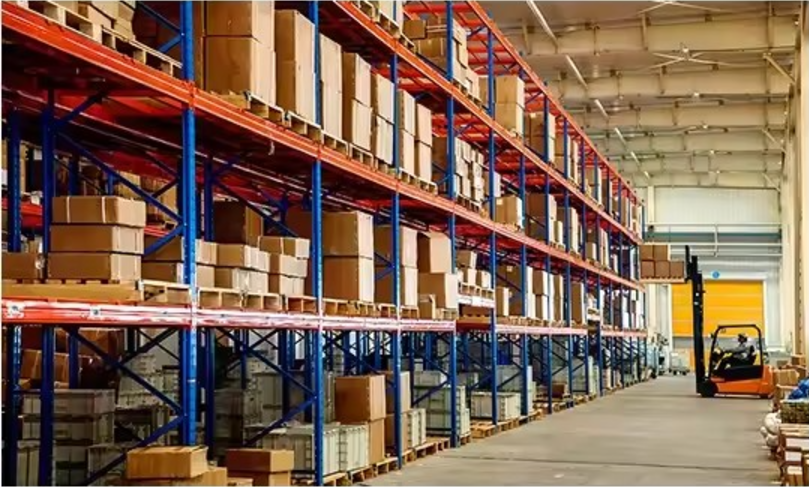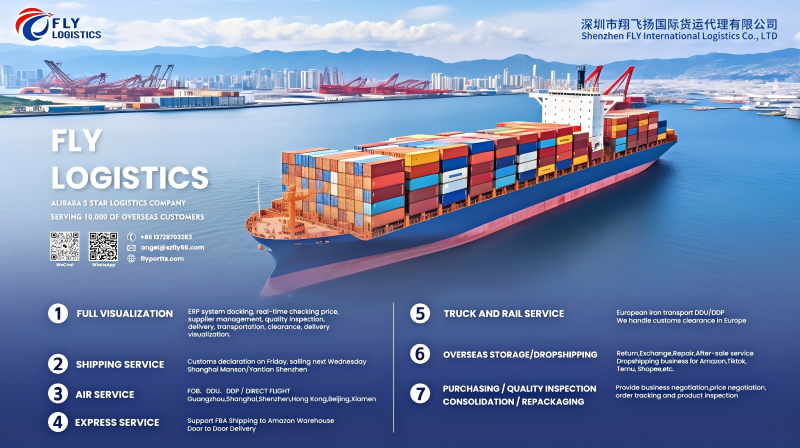During international logistics transport, be it by sea, air, or land, the complete elimination of cargo loss risk is nearly impossible, even with a perfect management system. The quick and effective response to cargo loss is at stake not only for the value of lost cargo but also for the effect on customer satisfaction and corporate reputation. What follows is a detailed operations process and suggestions, hoping to provide practical guidance for your international logistics business.
Step 1: Confirm that the cargo is lost
Before undertaking any measures, first confirm whether the cargo is lost, not delayed, or if the information is not updated. Please follow the steps below in troubleshooting:
Verify logistics tracking information: Confirm the status of the cargo through the tracking system provided by the carrier (DHL, Maersk, FedEx, SF Express, etc.).
Talk to the recipient: Make sure that the recipient got the items, or if someone signed for them.
Look at the customs status: In air and sea transport, items might get stuck in customs or bonded places.
Get in touch with the transporter or helper: Learn if anything unusual happened during movement, like bad weather, job stoppages, port delays, etc.
Step 2: Tell related people right away
When it is more or less certain that the goods may have been lost, the following relevant parties should be notified at the earliest possible time:
Shipper and consignee: Communicate the situation on time so that there are reduced chances of misunderstanding or dispute.
Logistics company or freight forwarder: Give them the bill of lading number/waybill number and ask for an internal tracking investigation.
Insurance company (if insured): Notify and start the claim process as soon as possible.
Step 3: Collect and prepare relevant evidence materials
To further trace the whereabouts of goods or to initiate a compensation process, the following documents are recommended:
Transport documents (bills of lading, air waybills, contracts of freight carriage, etc.)
Invoices and packing lists
Insurance documents
Communication records (emails, WeChat messages, WhatsApp conversations, phone call records, etc.)
Photos or surveillance screenshots before shipment and during transit
Tracking report or official statement from the carrier
Step 4: Initiate claims or the insurance claims process
1. If cargo insurance has been purchased:
Make a claim application to the insurance company.
Attach all evidence and documents
The insurance company will appoint a claims adjuster to carry out an investigation and confirm liability and the loss.
Pay after approval
2. If not insured:
Submit a claim to the carrier
The legal provisions of different modes of transport, such as the Hague Rules, the Warsaw Convention, the Montreal Convention, etc., have set limits on the carrier’s liability for goods. Some carriers will take advantage of this to refuse payment because in the contract, there exists a section titled “exemption clauses” and it has subsections, one being “force majeure”, under which losses are alleged to have occurred.
After the goods are lost, it is not only a monetary loss but also a risk warning. A summary and reflection should be conducted after the incident:
Analyze the cause of the loss: whether it is caused by the transportation route, warehousing link, information update lag, etc.
Optimize the operating process: enhance the tracking system, strengthen the packaging label, and choose a more reliable logistics supplier.
Increase insurance consciousness: It is suggested to buy freight insurance for high-value good.s
Make a clear transportation responsibility agreement: If working with a freight forwarder/third party͏, establish a compensation mechanism in advan.ce
Special considerations for different modes of transportation in international logistics
| Mode of Transport | Key Points for Handling Lost Shipments |
|---|---|
| Ocean Freight | Often involves multiple ports and transfers; check port storage records; claim process is complex; keep full B/L records. |
| Air Freight | Fast-paced; losses often occur at airports or customs; contact the airline and customs broker promptly. |
| Land Transport | Usually handled by third-party trucking companies; recommend GPS or visual tracking services; ensure proper proof of delivery. |
| Express Courier | Contact the courier customer service directly to initiate a lost item claim; most support online claims and offer capped compensation. |
Although cargo loss is rare in international logistics, once it happens, timely handling is the key. Through systematic confirmation, communication, receipt of evidence, claims, and post-optimization, companies can minimize losses and establish a more stable guarantee system for future transportation.
Tip: Although logistics is uncontrollable, preparation can be controlled. Doing a good job of risk control management in advance is the guarantee of the stable development of the company.





